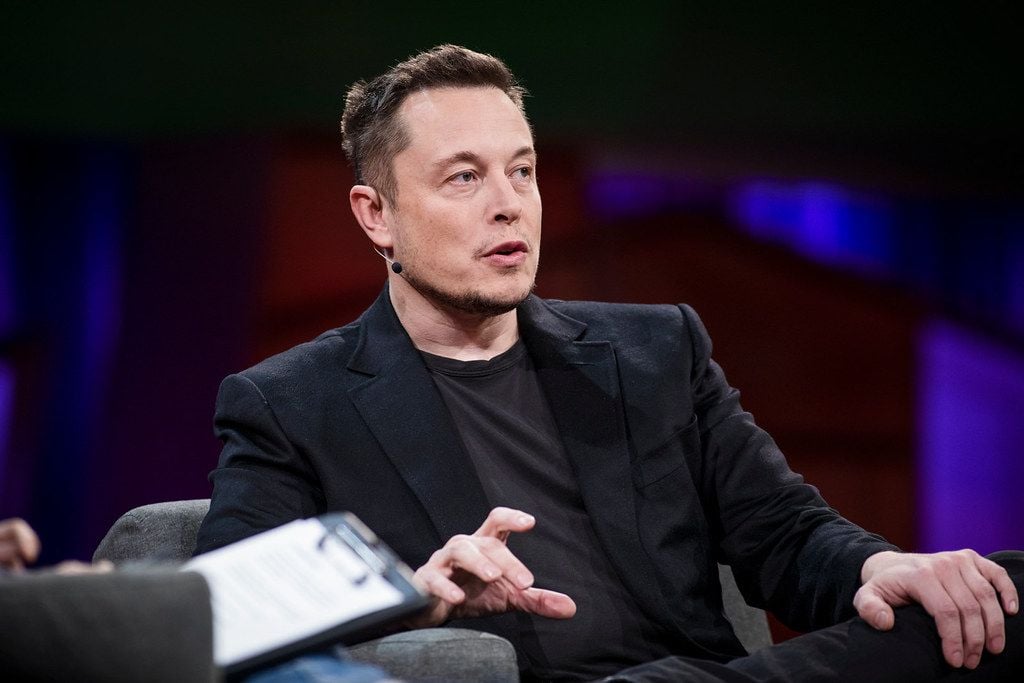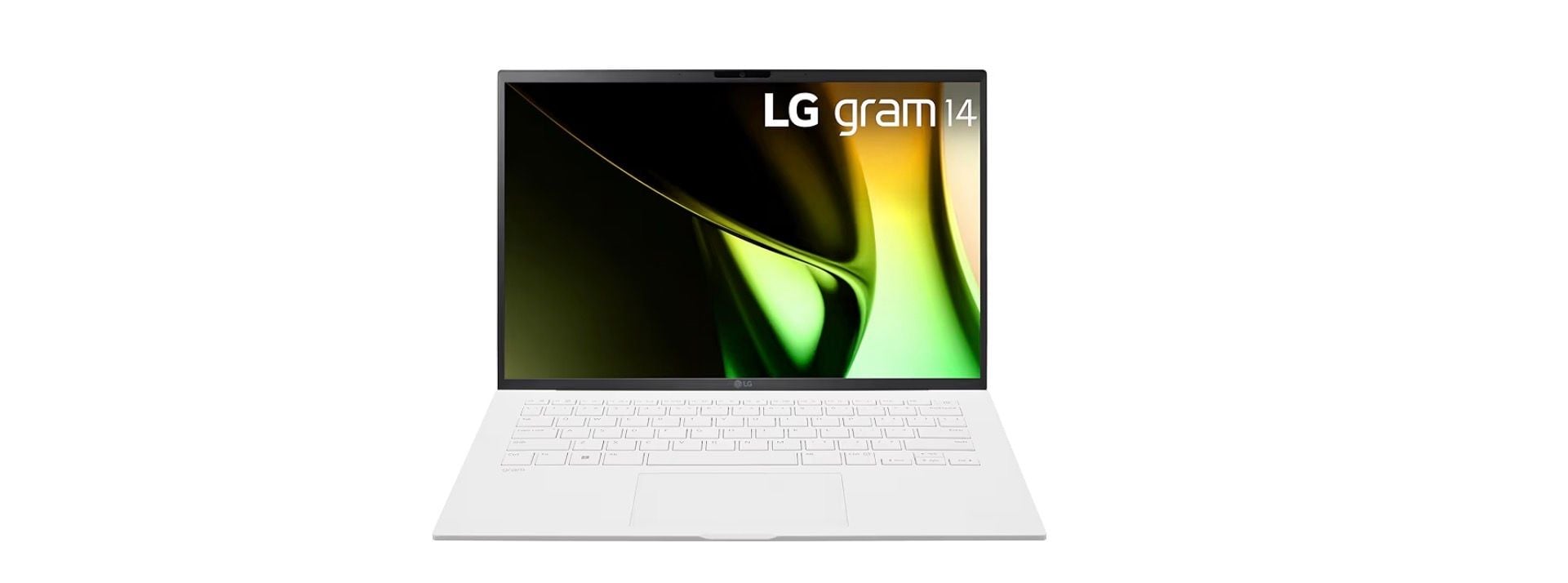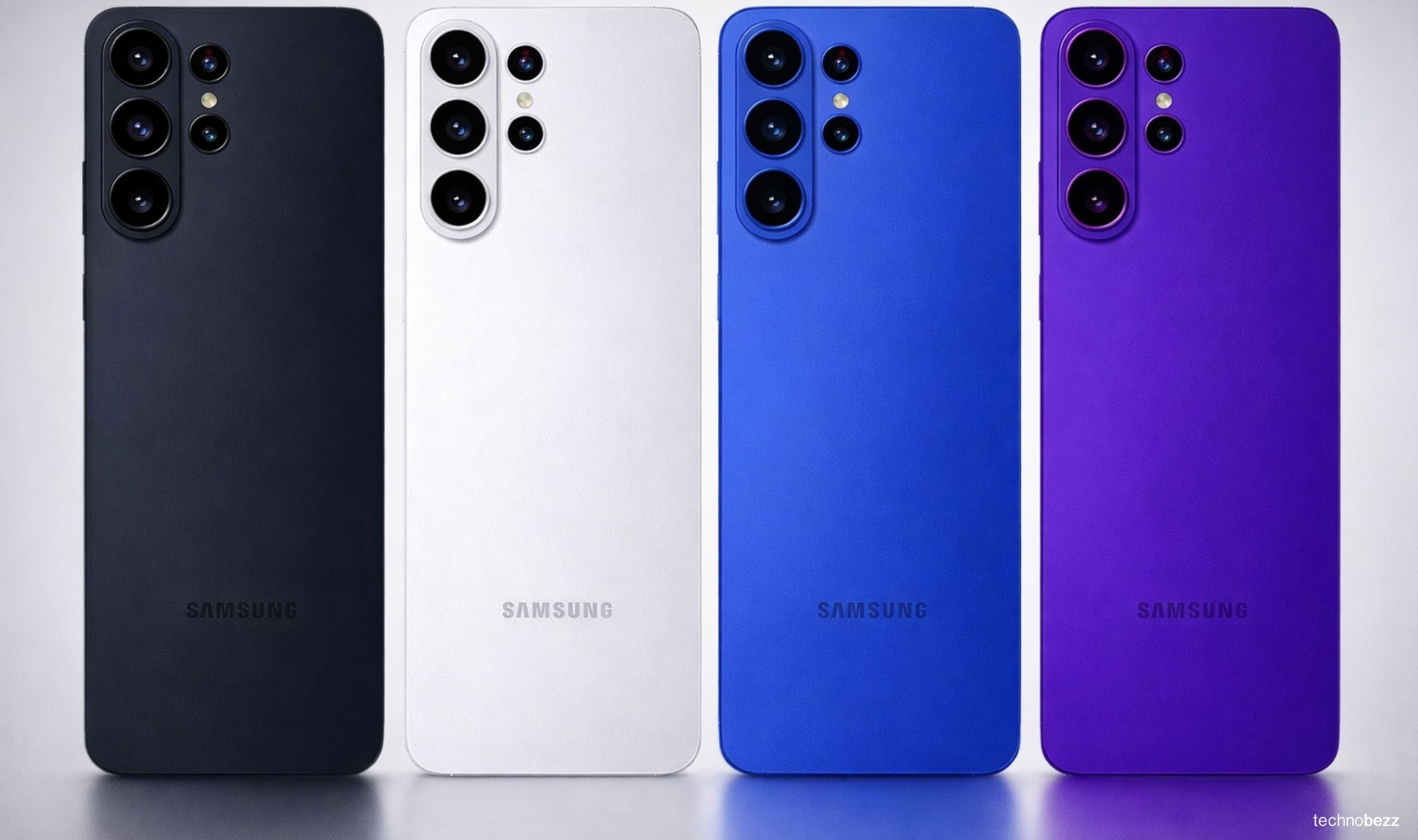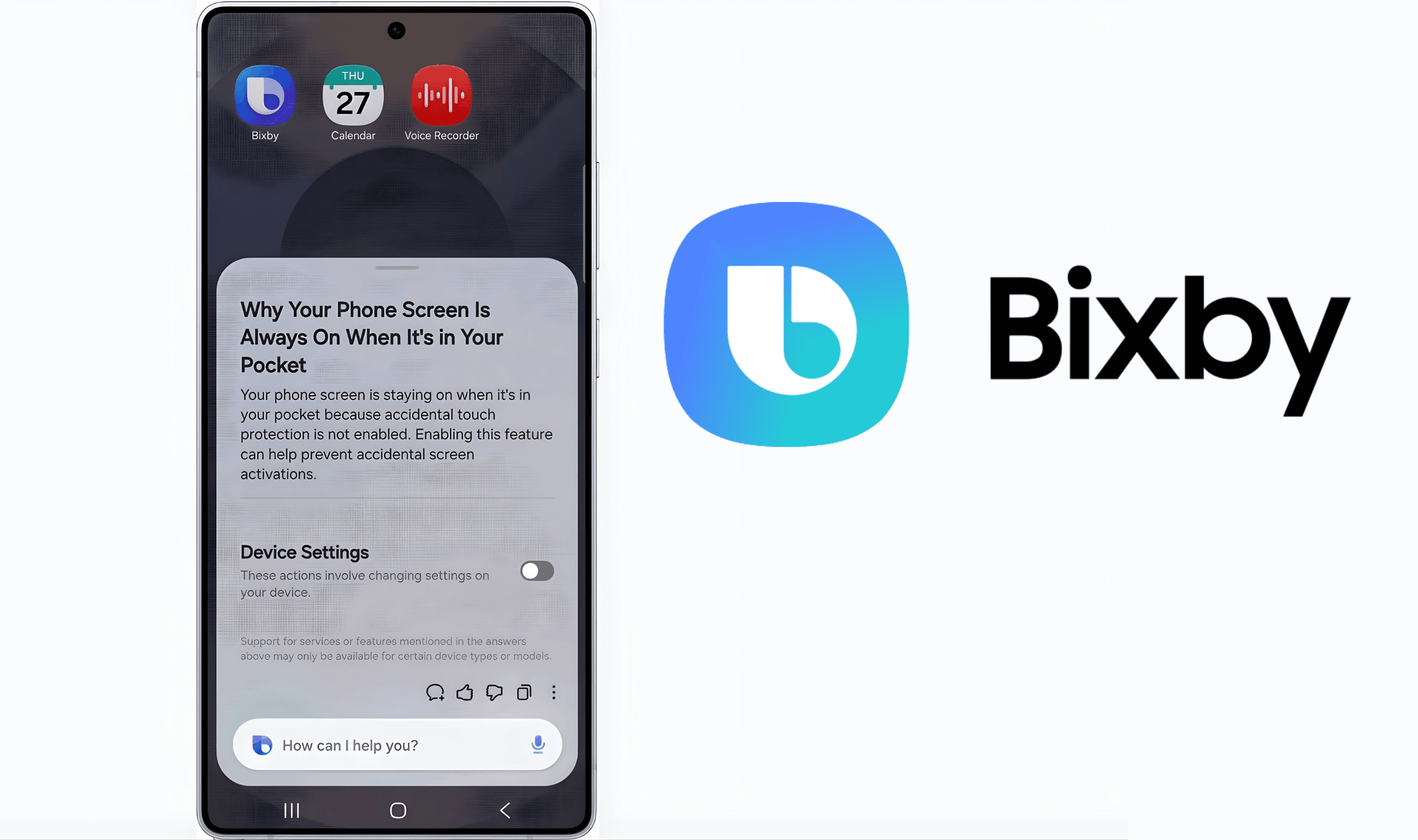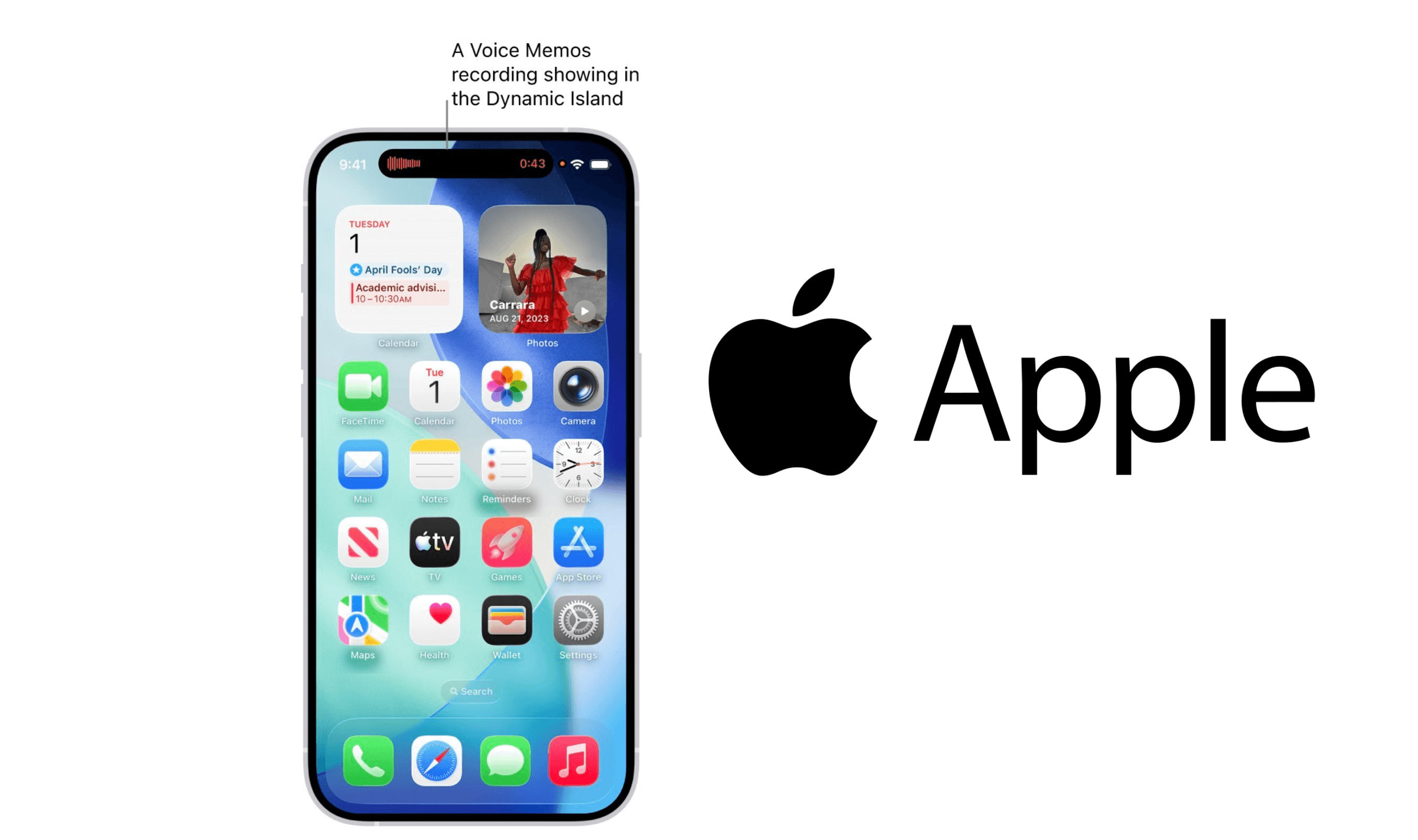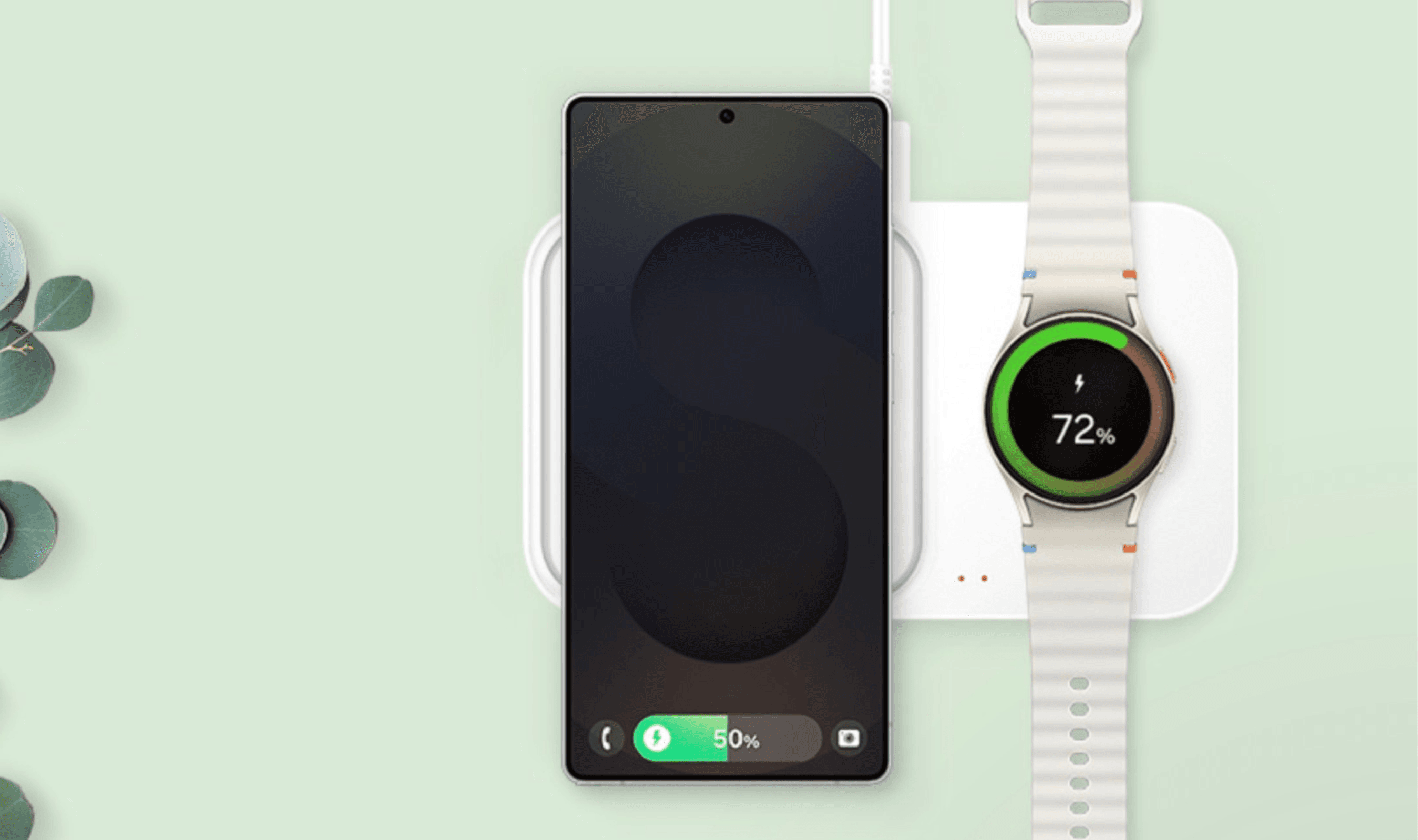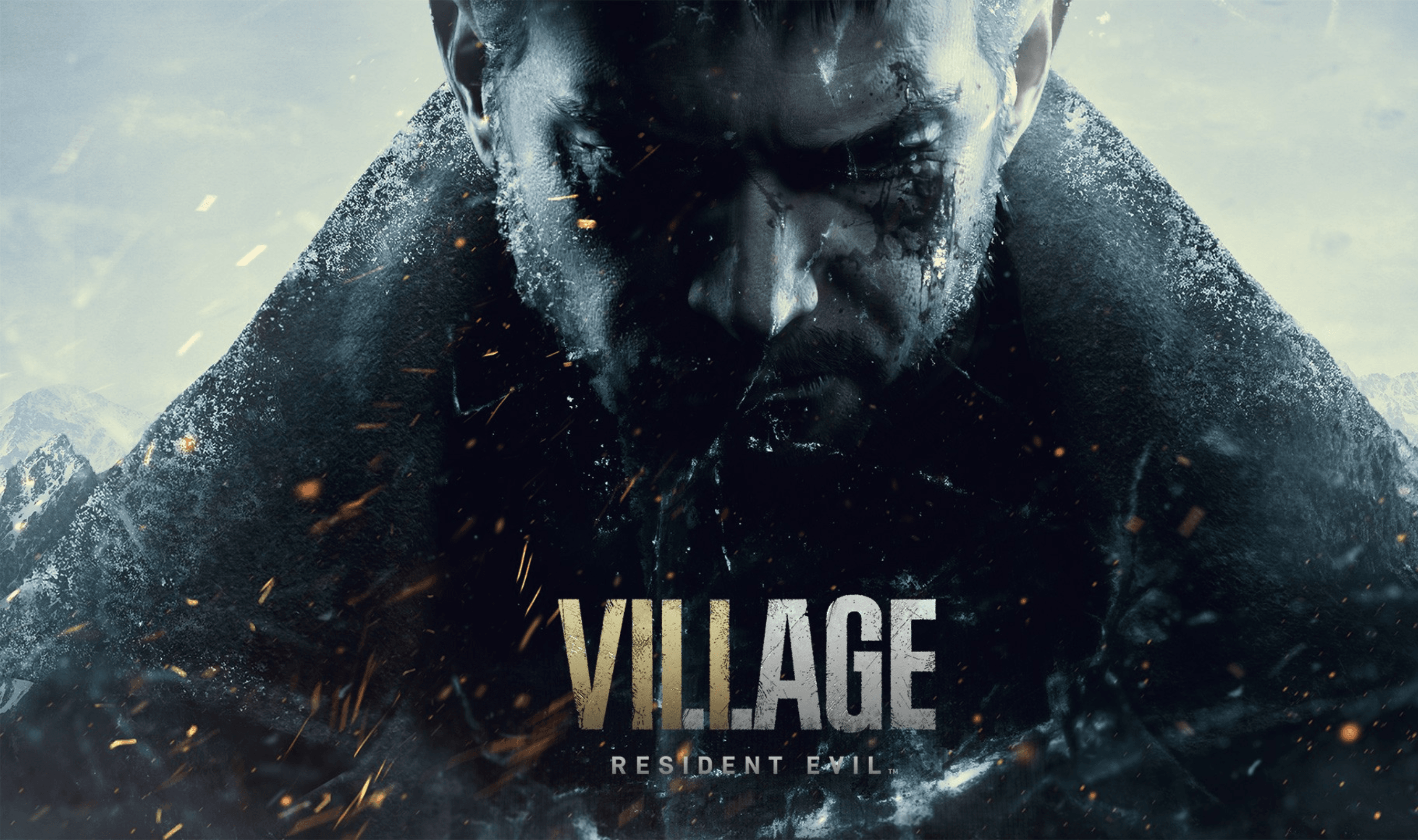Elon Musk's AI startup xAI is taking the gloves off in what appears to be another chapter in Silicon Valley's ongoing talent wars. The company just filed a lawsuit against former engineer Xuechen Li, accusing him of walking out the door with trade secrets about Grok and straight into the arms of OpenAI.
According to court documents filed in California federal court on Thursday, Li didn't just take his personal belongings when he left xAI in July. The lawsuit alleges he copied confidential files from his work laptop to personal devices, essentially giving himself a Grok starter pack before joining OpenAI's team. The timing is particularly eyebrow-raising: Li reportedly sold $7 million worth of xAI stock options just before his departure, then allegedly made off with what xAI describes as "cutting-edge AI technologies with features superior to those offered by ChatGPT."
The story gets messier from there. During what must have been an awkward meeting on August 14, Li allegedly admitted to the theft and confessed to "covering his tracks." But xAI claims they found even more stolen material on his devices that he hadn't disclosed. It's the kind of corporate espionage drama that makes you wonder if tech companies need better exit interview protocols.
Li joined xAI last year as part of a tight-knit engineering team of about 20 people working on Grok development. The lawsuit paints him as someone who had access to the crown jewels: the training methodologies, architectural decisions, and technical innovations that differentiate Grok from other chatbots. According to xAI, this information could save competitors "billions in R&D dollars and years of engineering effort."
This lawsuit isn't happening in a vacuum. It's the latest skirmish in an industry where AI researchers command astronomical salaries and companies are throwing around $250 million compensation packages to poach top talent. When the stakes are this high, trade secret disputes become inevitable.
The irony here is thick enough to cut with a knife. Musk, who co-founded OpenAI before dramatically falling out with the company, is now watching his current AI venture battle his former one over a departing employee. He's already suing OpenAI separately for allegedly abandoning its humanitarian mission, and just this week filed another lawsuit claiming OpenAI and Apple are monopolizing the AI chatbot market.
What makes this case particularly interesting is xAI's claim that Grok possesses "more innovative AI and imaginative features" than ChatGPT. It's a bold assertion that positions this lawsuit as much about competitive positioning as it is about protecting intellectual property. The company is essentially arguing in court that its technology is superior while simultaneously trying to prevent that technology from ending up in competitors' hands.
As AI companies race to build the next breakthrough model, employee mobility becomes a minefield of legal complications. Engineers who switch companies inevitably carry knowledge in their heads that their former employers consider proprietary. Drawing the line between what constitutes general expertise versus specific trade secrets is becoming one of the industry's thorniest challenges.
For now, xAI wants monetary damages and a restraining order blocking Li from working at OpenAI. Li, meanwhile, hasn't responded to requests for comment, and neither OpenAI nor their respective attorneys have weighed in publicly on the allegations.
The case highlights how quickly the AI boom has escalated from friendly competition to cutthroat corporate warfare. As reported by industry analysts, when companies are valued at billions based largely on their technological advantages, every departing employee becomes a potential security risk. The days of simple non-compete agreements are giving way to complex trade secret litigation that could reshape how AI talent moves between companies.
Whether xAI can prove its case remains to be seen. But one thing is clear: in the high-stakes world of AI development, changing jobs has never been more legally complicated.



